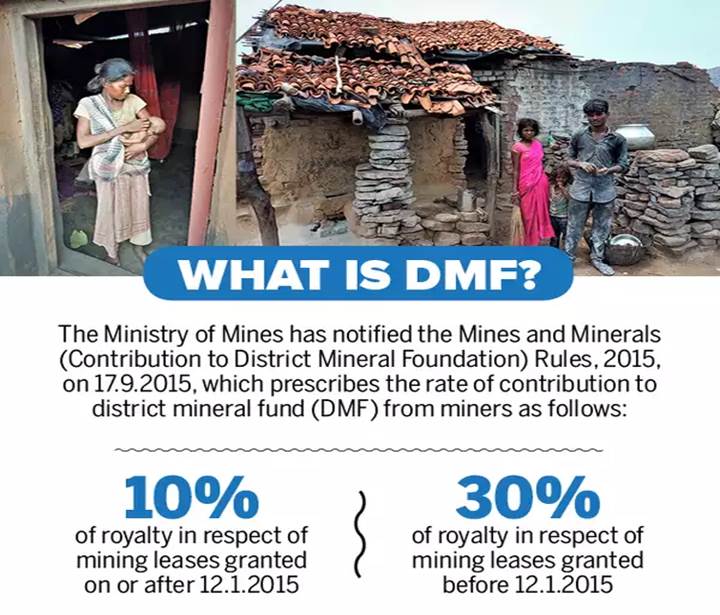Free Courses Sale ends Soon, Get It Now


Free Courses Sale ends Soon, Get It Now



Copyright infringement not intended
In News
Background
Pradhan Mantri Khanij Kshetra Kalyan Yojana (PMKKKY)
.jpg)
The overall objective of the PMKKKY scheme is;
Composition and functions of District Mineral Foundations (DMFs)
Concerns
.jpg)
https://epaper.thehindu.com/Home/ShareArticle?OrgId=GHTALASJC.1&imageview=0
https://t.me/+hJqMV1O0se03Njk9
© 2024 iasgyan. All right reserved